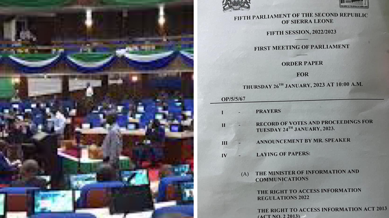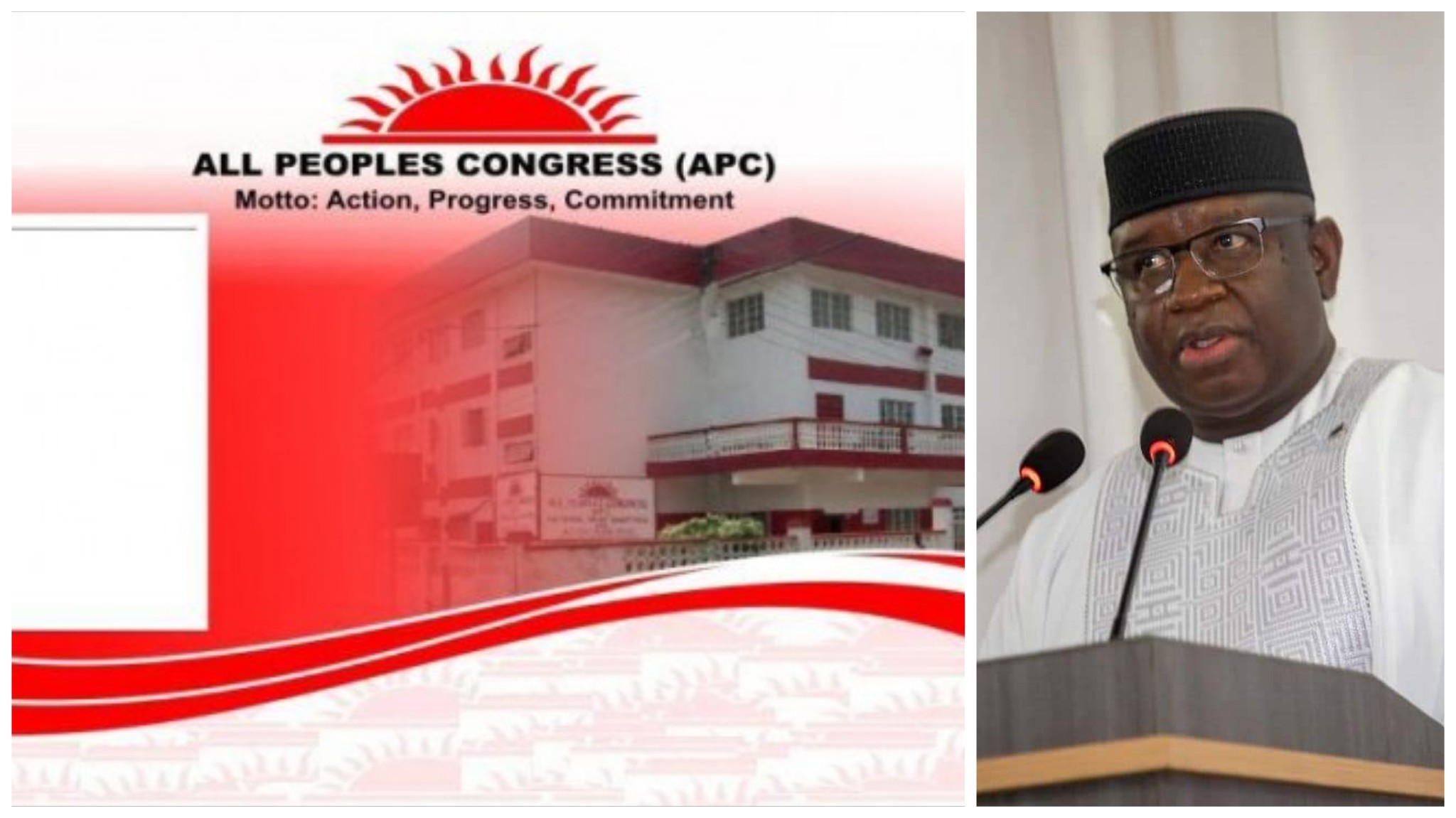
Parliamentary schedule papers in Freetown show that on Thursday 26th January, 2023, Sierra Leone’s Members of Parliament (MPs) will once again start discussions on two new legislative amendments that would potentially affect democracy and the free and fair conduct of the upcoming June 2023 elections.
One of the proposed legislations is designed to introduce new regulations on the right to access information, whilst the other introduces a set of fresh regulations on how the media should provide elections coverage and reporting. The content of both legislative proposals still remains a secret known only by MPs and members of President Maada Bio’s cabinet.
Interestingly, both legislative proposals are being discussed barely six months ahead of the June 2023 presidential and parliamentary elections; a move that seriously questions the genuine commitment of Cabinet and Parliament to the internationally accepted rules governing democratic elections.
It goes without saying that the timing of the proposed legal changes clearly indicates that the planned legislative reforms are likely to affect independent journalism and citizens right to access information, especially so any information relating to good governance, the electoral arrangement, and voting process itself.
Though many citizens are unaware of this new development, the two proposed legislative amendments are scheduled to be tabled in Parliament by Sierra Leone’s Minister of Information and Commidsion on tomorrow morning (at 10:00AM Thursday 26th January 2022).
Again, the proposed changes seek to amend both the 2013 Right to Access Information Act, and the Independent Media Commission Act 2020. MPs are scheduled to discuss both Statutory Instrument No. 9 of 2022 and Statutory Instrument No.17 of 2022 in reference to the two legislative proposals.
However, both Parliament and Cabinet have still not disclosed the content of the proposed legal changes to the two Acts. Worse, they haven’t held any public discussion on the new legal reforms and their potential impacts on the media, the right to free speech, and citizens’ right to access information.
In recent times, Sierra Leone’s MPs have approved several anti-democratic legislative proposals, especially in the course of the last six months; many of the enacted legislations largely limit citizens voting rights, and their rights to political association.
In June 2022, MPs passed a new public elections law that introduced new requirements on the right to electoral participation. A new political parties law also enacted afterwards placed additional restrictions on the right to political association and accorded the Political Parties Commission (PPRC) more regulatory parties over the internal operations of political parties, including the ability to easily de-register political parties.
Towards the end of 2022, MPs also enacted a new national security and central intelligence legislation with provisions that significantly violate citizens right to privacy.
Thus, the new proposed legislative amendments follows an ongoing anti-democratic development that nurtures a draconian legal landscape programmed to limit free speech, participatory democracy, multiparty politics, and independent journalism in Sierra Leone.
With this new development, it is obvious that democracy faces an additional threat in Sierra Leone.
By Chernoh Alpha M. Bah
Africanist Press
USA





